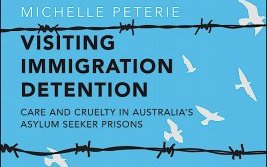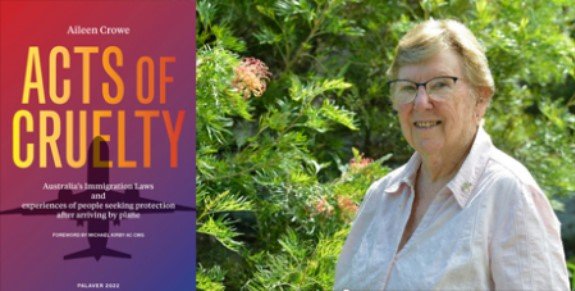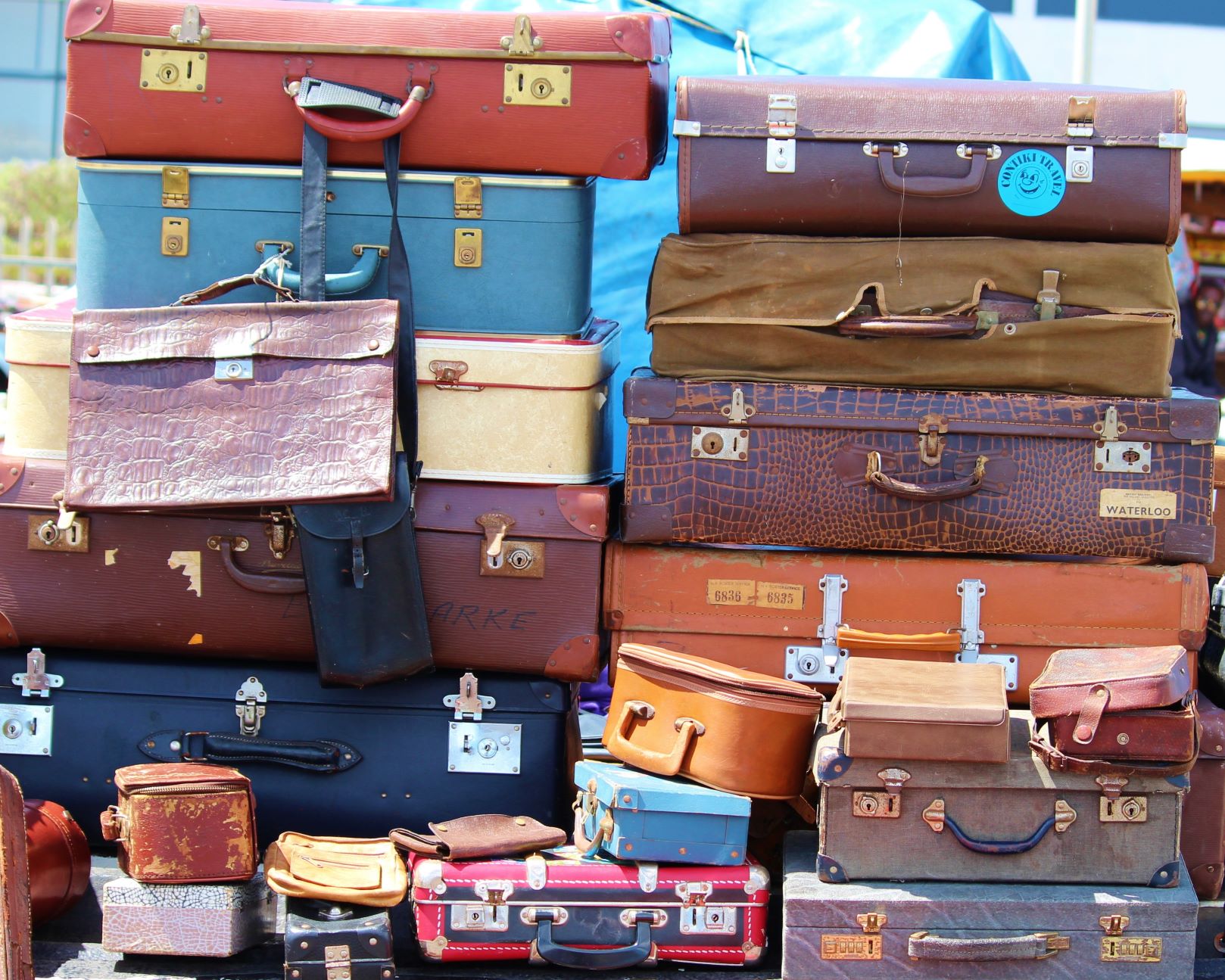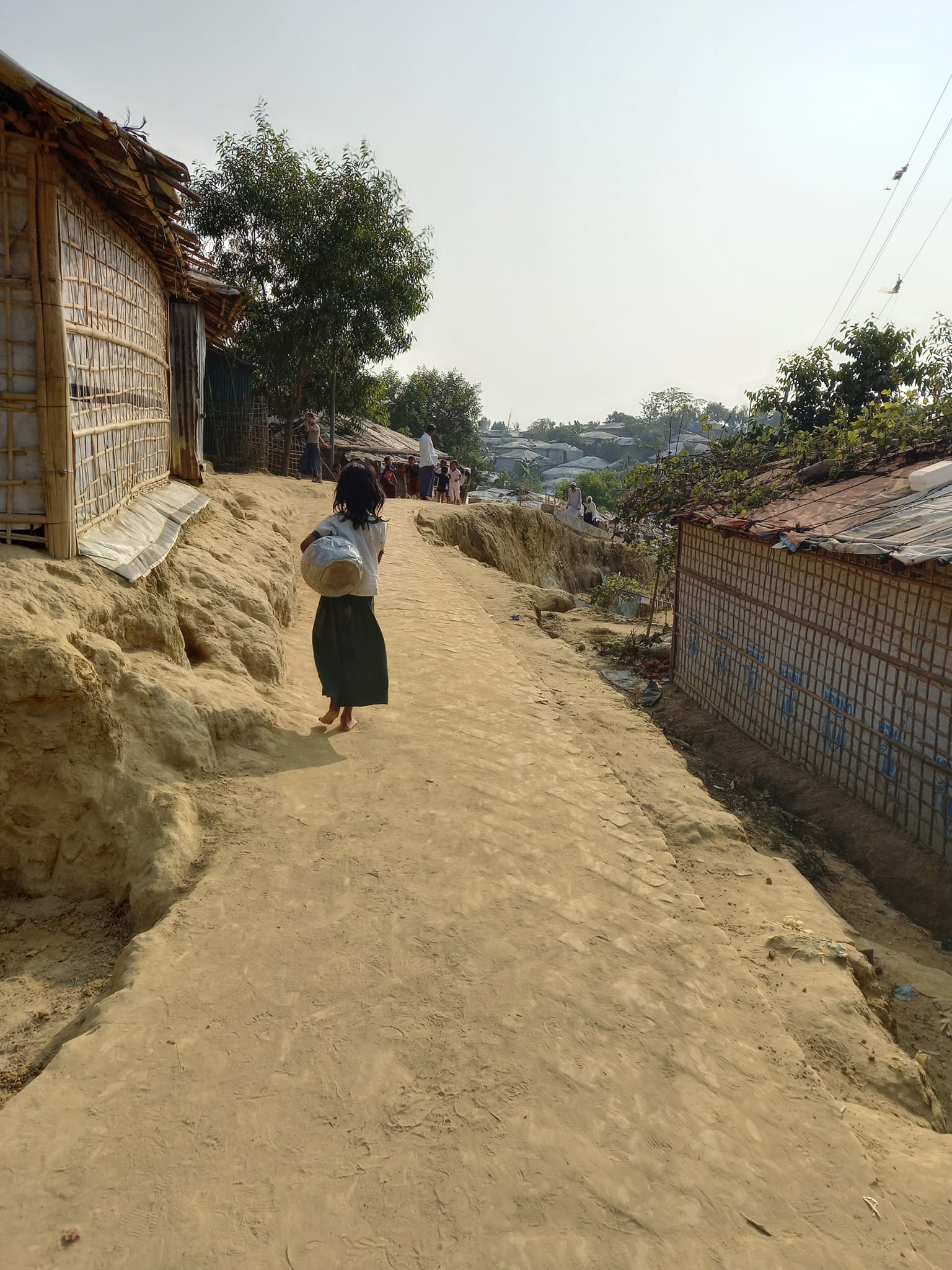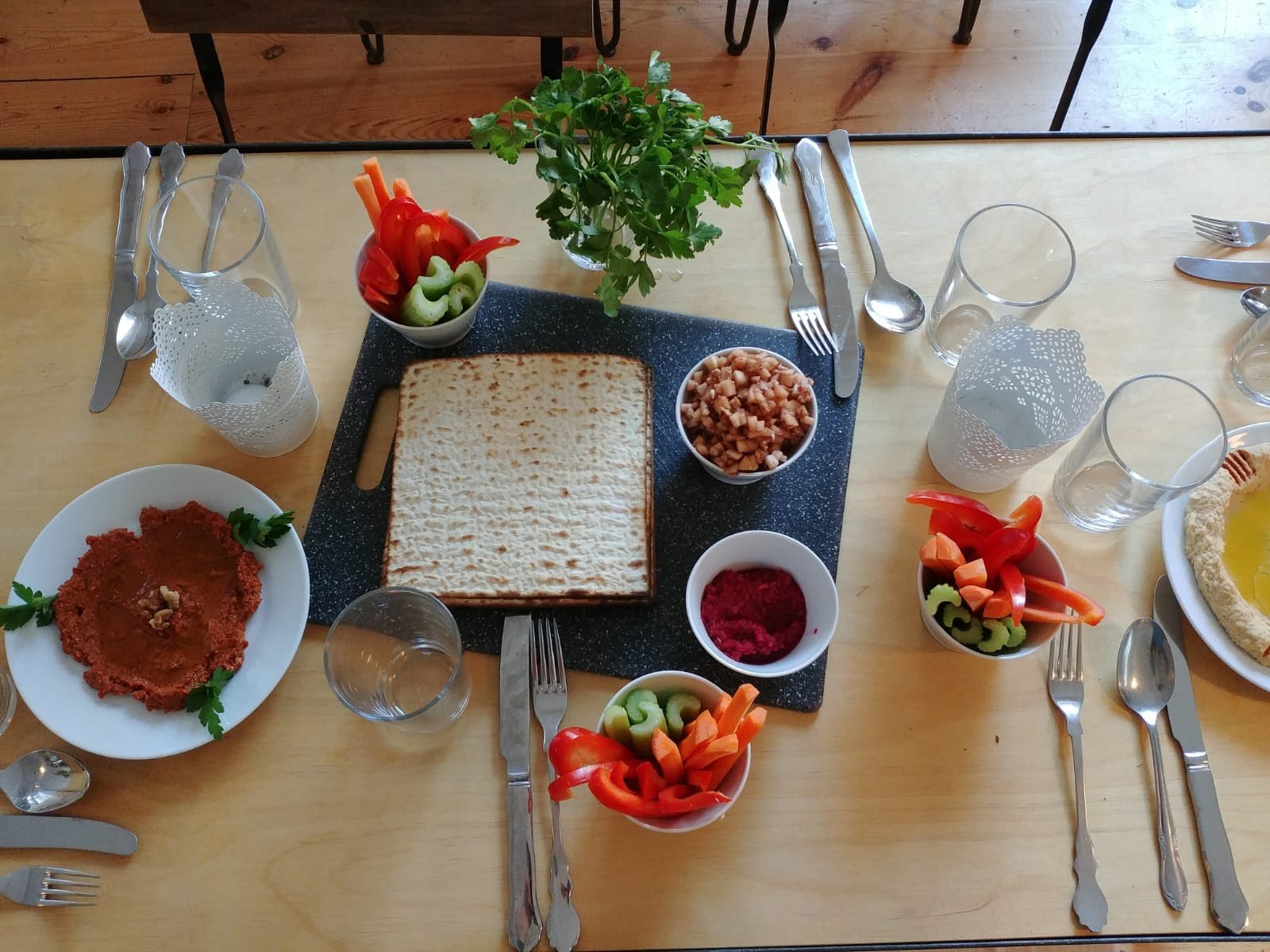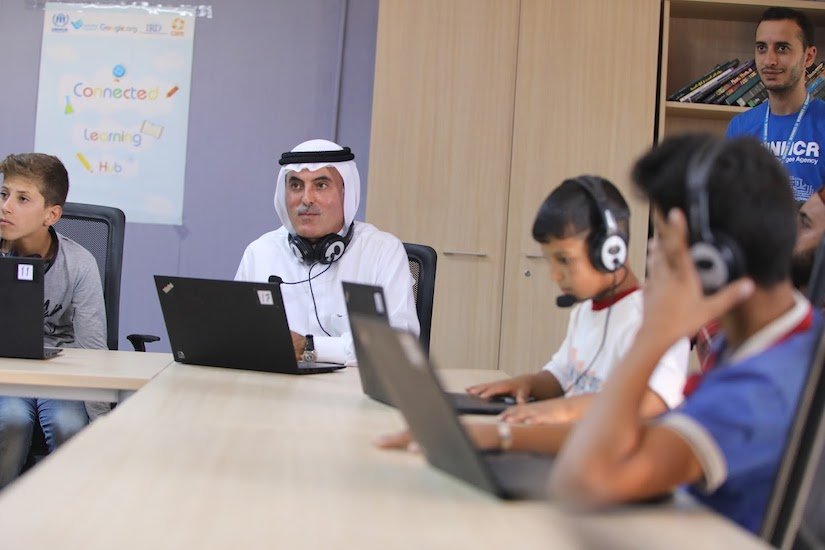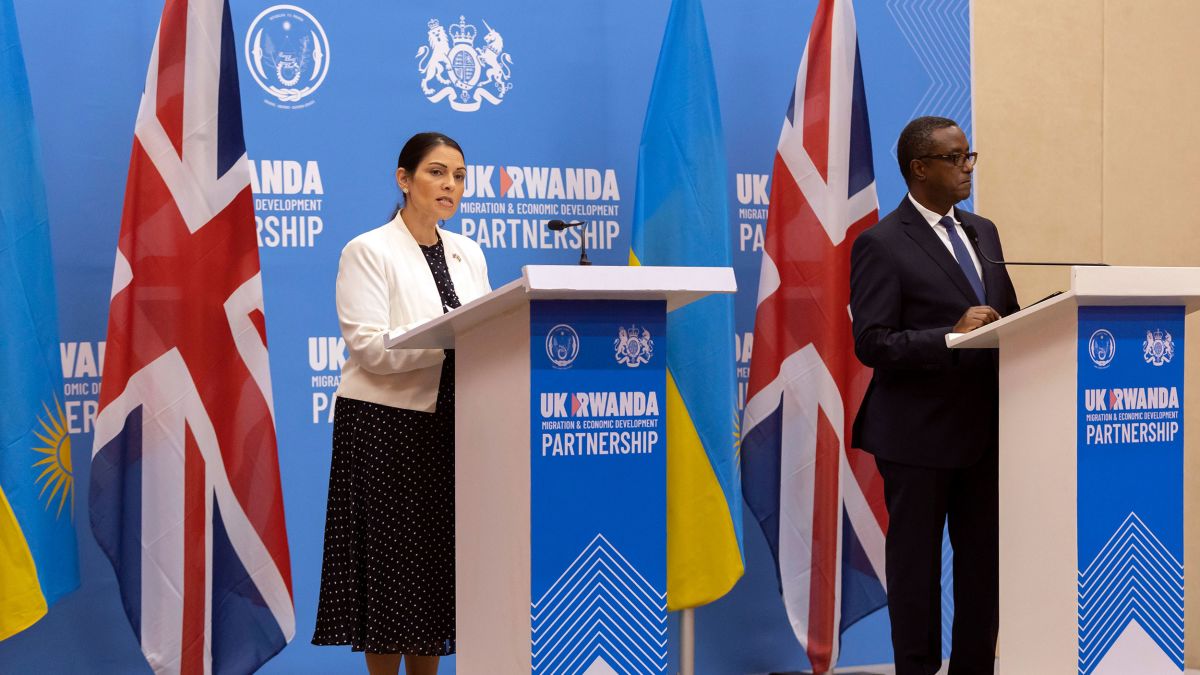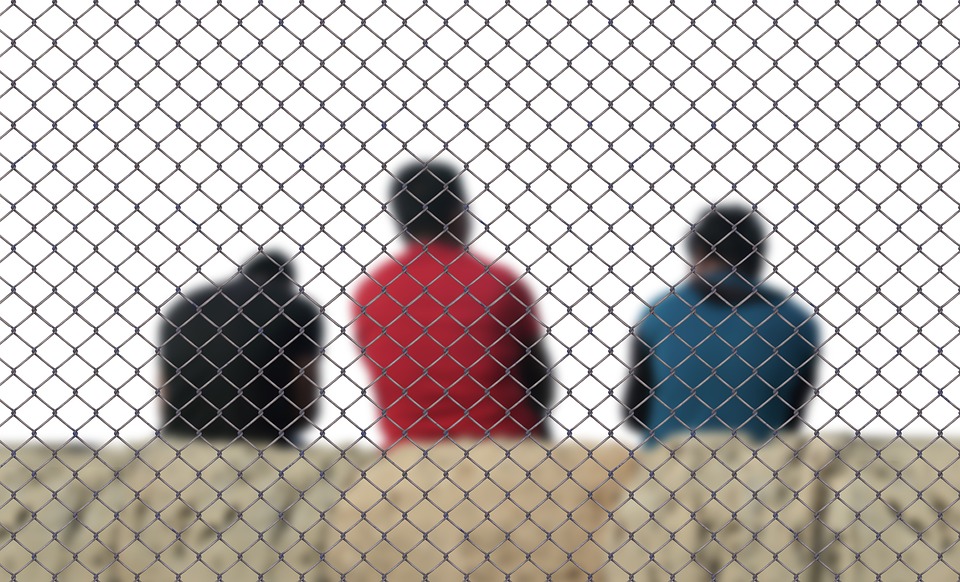28
Dec
Book Review: Visiting Immigration Detention: care and cruelty in Australia’s asylum seeker prisons – Michelle Peterie
Michelle Peterie, Bristol University Press, 2022, 176 pages With the UK and others competing to become the least attractive destination for refugees and asylum seekers who arrive by sea, the Australian approach of indefinite mandatory detention, offshore processing, and third country resettlement has been praised. But for those detained by the Australian government in its... Read More
28
Nov
Book Review: Acts of Cruelty – Aileen Crowe
“Acts of Cruelty: Australia’s Immigration Laws and experiences of people seeking protection after arriving by plane”, Aileen Crowe, Palaver, an imprint of Ethica Projects Pty Ltd, 2022, 228 pages Franciscan nun Aileen Crowe PhD is one of Michelle Peterie’s visitors to Australian onshore detention centres, with her decades of work for marginalised people in Australia... Read More
23
Sep
Hello from new editor – Phillipa Bellemore
Hello, my name is Phillipa Bellemore, and I am excited to join the RRO team as an editor. I am a sociologist and my special area of interest is refugee and asylum seeker issues, particularly mentoring and volunteer welcome programs. Refugee mentoring In 2019 I completed my PhD thesis called ‘Refugee Mentoring: The Comfort of... Read More
13
Sep
It’s All in the Bag: Refugees and Materiality
My grandmother made us chicken and made us sandwiches to take […] My mom was telling me that her, my aunt, was trying, you know, to make sure we had everything when we came there so she like bought a package of, of course, silverware and making sure we had it, and then she, Europeans... Read More
17
Aug
Rohingya repatriation: various actors need to be considered
Bangladesh is trying to resolve the burden of the Rohingya crisis by repatriating the Rohingyas to Myanmar who have been staying in Bangladesh for decades. Bangladesh has also agreed to the voluntary, safe, dignified, and sustainable repatriation of Rohingyas without refoulement. After the crisis of 2017, Bangladesh made an agreement with the Myanmar government in... Read More
4
Jul
Hello from New Editor – Sarah Hughes
I’m delighted to join the RRO team as an editor! My name is Sarah Hughes, and I hold a Vice Chancellor’s Research Fellowship in the Geography department at Northumbria University (Newcastle, UK). I’m a political geographer, working on questions of asylum politics, resistance, citizenship, and the politics of knowledge production in the academy. Mark has... Read More
22
Jun
The Role of Technology in Refugee Education
The Covid-19 pandemic has brought increased attention to education technology (EdTech). Refugees worldwide in particular have suffered a disproportionate amount of harm as one outcome of the pandemic, exacerbating already existing challenges. Now, as-and-when schools reopen, refugee children and youth are more likely than others to stay out of school; or if they do, may... Read More
20
Apr
What Have We Become?: The UK Begins the Offshore Processing of People Seeking Asylum
“What has become of us when it is we who now commit such crimes?”. The Australian novelist Richard Flanagan posed this question in his Foreword to Behrouz Boochani’s No Friend But The Mountains. Boochani had been imprisoned on Manus Island, Papua New Guinea in 2013 by the Australian government for attempting to enter Australia by... Read More
13
Apr
Australia’s current refugee policies and obligations under international refugee law
The Migration and Maritime Powers Legislation Amendment (Resolving the Asylum Legacy Caseload) Act 2014 (Cth) (MMPLA) significantly changed how Australia treats asylum seekers, especially those who arrive by boat. The Migration Act 1958 (Cth) (Migration Act) as amended by the MMPLA introduced new key statutory changes, which included the removal of references to the 1951... Read More
9
Mar
Echoes of the Past in Europe’s Two-Tier Approach to Refugees
They are the lucky ones. A group of female journalists, legislators and judges from Afghanistan who have found a temporary safe haven in Greece and await visas to resettle in Europe. These women were the focus of a recent New York Times piece highlighting Europe’s two-tier system for people seeking asylum. European Union nations strongly... Read More
